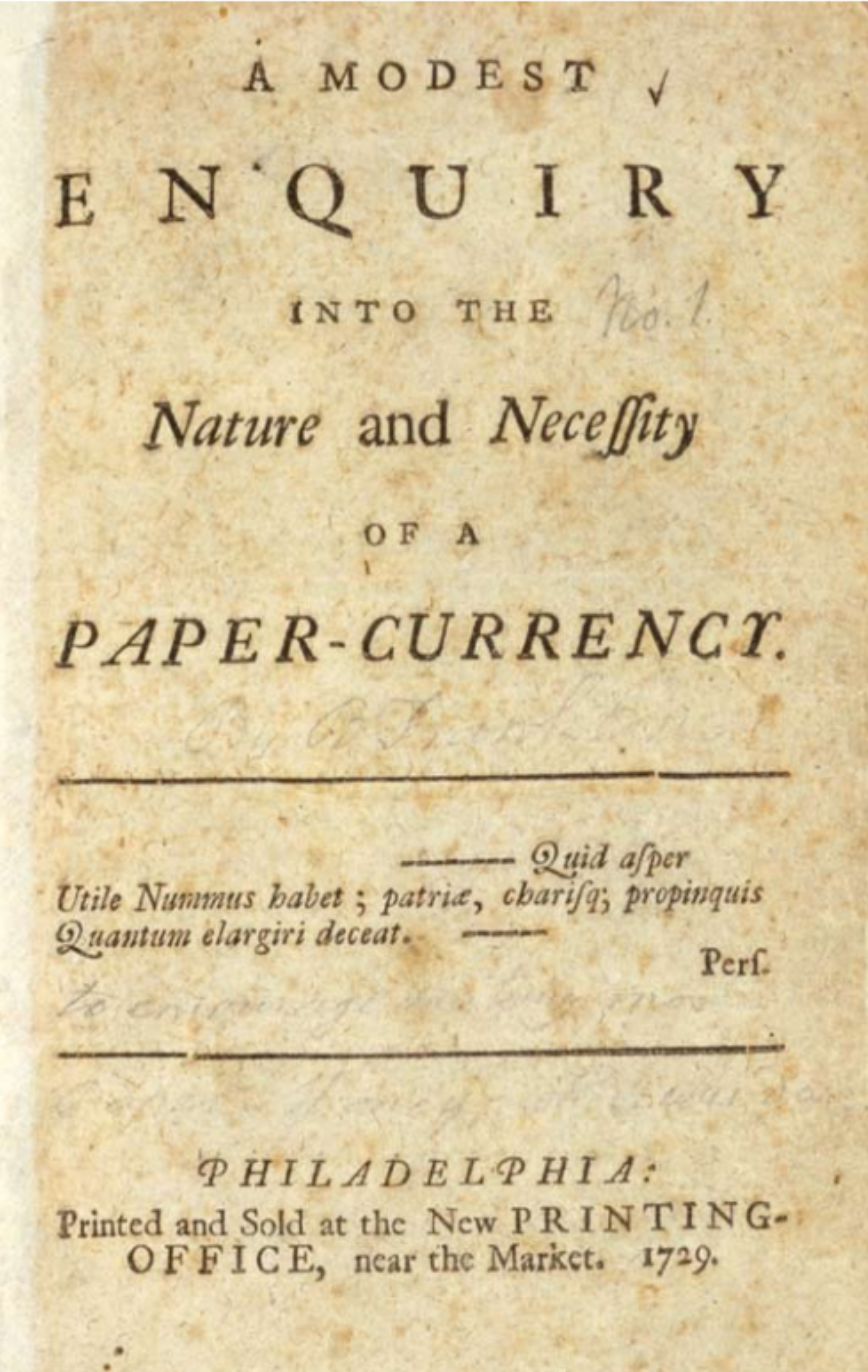Investing in Decentralization
“They’ve got us surrounded again, the poor bastards” — Creighton Abrams
I find it odd that people who talk about decentralization often don’t know the pros and cons of it. That’s a shame, because they will almost certainly end up losing money investing in things they are uncertain about.
As of this writing, the market capitalization of all cryptoassets is roughly $400 billion (this is calculated as price multiplied by circulating supply; fully diluted capitalization would be much higher). For reference, the last time we discussed cryptoassets, the market capitalization was a cool $111 billion. I would not be surprised if the market capitalization doubles the next time we check in.
The market is frothy. And seeing as this market seems to be getting larger and larger — now with many unsophisticated retail and institutional investors — we may want to lay down a guiding methodology to help us separate the wheat from the chaff. Note that this methodology is not an investing strategy. Rather, it serves as a mental model for thinking through which assets can make for good long-term investments. Sometimes, useful methodologies filter for things to avoid. That which comes through the filter won’t harm you.
Having explained the reason for this relatively short note, let us begin by discussing the benefits of centralized companies.
Centralization lets you make decisions quickly
Most companies today are centralized. When the management of a tech company wants to revamp the design of its website, it can do so without the explicit consent of every single shareholder. And that’s a great thing! Could you imagine a world where every shareholder or customer had to unanimously agree before changes and feature improvements could be made? That company’s product would probably change as much as the design of a spoon changed in the last century. In fact, we have a term for that type of decision-making. It’s called design by committee, and it’s generally a horrible way of getting things done.
That’s why the shareholders and customers generally approve of visionary CEOs like Steve Jobs, Bill Gates, and Elon Musk (until, of course, they royally mess things up). We trust these visionaries will make better decisions than we ever could. And the last thing we want to do is introduce levels of bureaucracy that stop them from acting quickly. The world tends to approve of benevolent dictatorships (a synonym to benevolent centralization), if they do a good job.
Centralization allows for economies of scale
Since Adam Smith published his economic enlightenments, we have known that spreading a fixed cost over an increasing amount of output results in growing economies of scale. As output grows, cost per unit decreases. Virtually every large company today benefits from scale economies. Certain companies are so efficient that they have a near-zero marginal cost per user.
To bring this point home, consider Facebook. As of 3Q17, Facebook had approximately two billion monthly active users on its platform. Did the 5,043rd user cost Facebook as much as its 1,859,241,921st user? Almost certainly not. After the fixed cost on buildings, data centers, and labor is paid for, the variable cost of each additional Facebook user is near-zero. That is the beauty of unit economics at scale.
The same economic principle benefits many other companies. Holding product and price constant, a company with economies of scale will always win against a company with a slightly higher cost basis. Economies of scale are an economic moat. If a competitor has a moat, you don’t want to swim in it with them. They’ve been swimming in it for far longer than you have, and their breaststroke is far better than your doggy paddle.
Competing against centralization
New investors (and even some existing ones) seem to think that investing in decentralized assets works the same way as investing in centralized ones. This stubborn view comes with a hefty educational premium that is billed as an investment loss.
As we’ve explored earlier, centralization allows for quick decision-making and economies of scale (a lower unit cost for the company is typically passed down as a lower price to the consumer. “Your margin is my opportunity.” I listen closely to Mr. Bezos). Meanwhile, decentralization is inherently slow, and it comes with higher transaction costs. This is mainly due to redundant transaction processing and storage, in addition to a geographically spread out network (it should be noted that this is by design). For this very reason, decentralized assets that compete with their centralized counterparts on either speed or price are setting themselves up for failure.
Instead, decentralized assets should be competing on a different playing field — one that centralized providers cannot compete against. Thus far, that field has been censorship resistance, and it’s surrounded by a wide moat that is difficult for centralized players to swim through. For example, it’s unlikely that a centralized competitor to Bitcoin and Monero will be created.
True to classical business theory, censorship resistance is a differentiation strategy that allows decentralized assets to compete with centralized ones, despite generally slower speeds and higher prices. As I see it, therein lies the competitive edge of most decentralized protocols. And personally, it’s a pleasure investing in assets that traditional companies can’t compete with. Especially if they’re ownerless monopolies that enjoy some benefits of scale economies but come without the rent seeking behavior of traditional monopolies.
In short, decentralized projects that attempt to compete with centralized ones on speed and price will be outrun and undercut. Proceed only if you play to lose.


